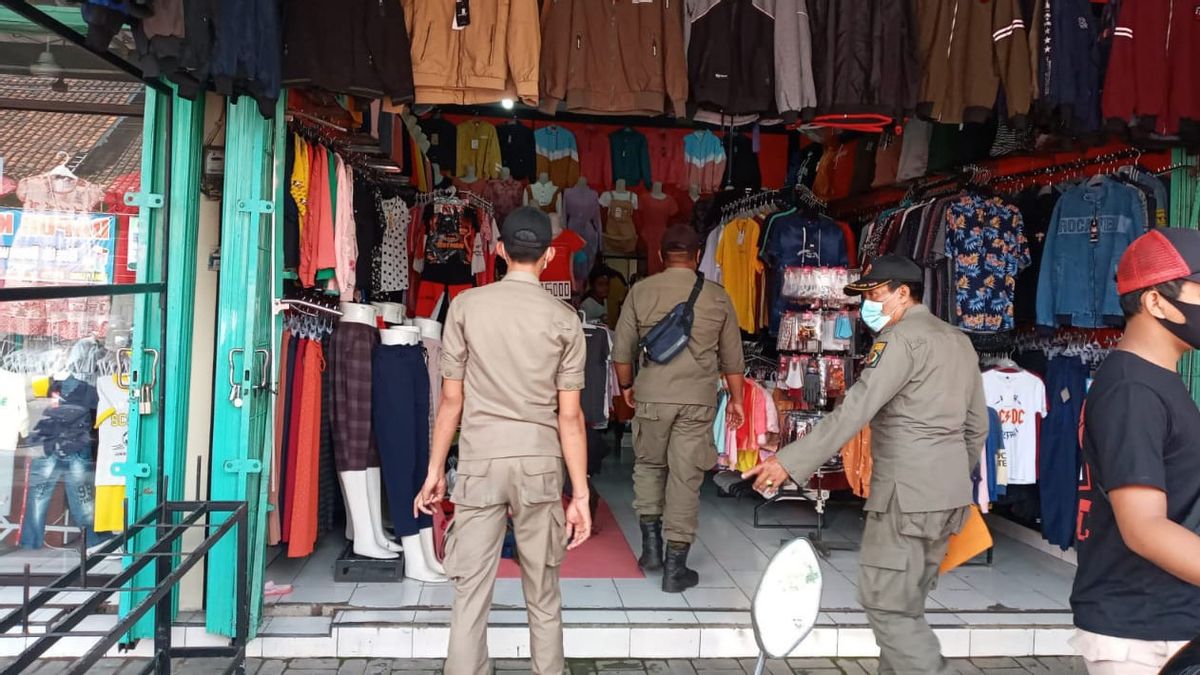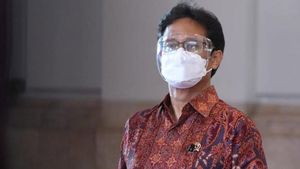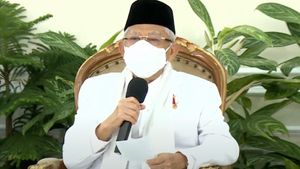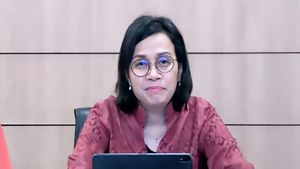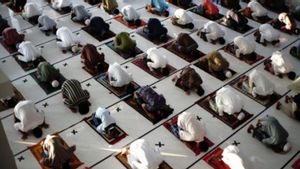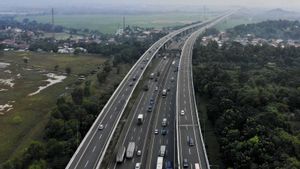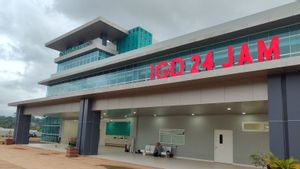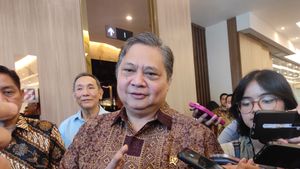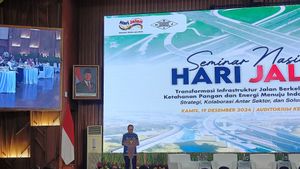DENPASAR - The Provincial Government of Bali, issued a new regulation for emergency Community Activity Restrictions (PPKM). In the latest regulation, all types of non-essential businesses must close or implement Work From Home (WFH) 100 percent.
The new rules are contained in Circular (SE) Number 10 of 2021 concerning the Second Amendment to the Implementation of the COVID-19 Emergency PPKM in the New Era of Life Order in Bali.
The Head of Law Enforcement and Discipline of the Bali COVID-19 Handling Task Force (Satgas) I Dewa Nyoman Rai Dharmadi said that dozens of non-essential businesses had been forced to close with the enactment of the regulation. In addition, there are hundreds of businesses that have closed their shops knowingly or voluntarily.
"The reports have not been received as valid, there are hundreds of them. We will temporarily close them with their awareness, except for those who are stubborn and we will fine them", said Dharmadi, Monday, July 12.
Dharmadi, who is also the head of the Bali Civil service police (Satpol PP), explained the non-essential businesses in question, such as clothing stores, dealers, showrooms to cars.
Meanwhile, those that are allowed to open are essential businesses such as grocery stores, health clinics, pharmacies, workshops but are limited to 20.00 p.m. local time according to the emergency PPKM rules.
Meanwhile, food stalls or restaurants can also be opened but the time is also limited and must take away and delivery, aka no dine-in.
"To reduce people's mobility, there are non-essential business closures in order to reduce community activities. The importance is to direct people to remain silent first to reduce interactions so that there are no crowds and no massive transmission (COVID-19)", he explained.
Dharmadi said non-essential businesses were temporarily closed until the emergency PPKM ended on July 20. This applies throughout Bali. According to him, the rule applies because he sees the daily cases of COVID-19 in Bali increasing sharply to 500-600 positive cases per day.
“Temporarily closed when the emergency PPKM is completed to reduce the massive spread of COVID-19. The government's goal is to save healthy people from being able to control the COVID-19 virus. Imagine, if it continues like that, it's a pity for people who want to live healthily and want to live long", he said.
SEE ALSO:
Dharmadi said that joint officers in implementing non-essential business closures did not immediately play forced closures. However, there are stages starting from a warning to asking to close voluntarily.
However, if they are stubborn, a forced closure will be carried out up to a fine of IDR 1 million.
"Forced closure if they do not carry out the warning and fine if they ignore it. Once again, our warning and direction are to not be a bad example to others", he said.
"Already, we have taken many places (forcibly closed). We only take the worst ones. Usually, we close forcibly and give a fine. It's a restaurant that still serves buyers on the spot. It means that eating on the spot is not allowed, but there are those who pretend they don't know even though we have been reminded. That is what we are fined", said Dharmadi.
The English, Chinese, Japanese, Arabic, and French versions are automatically generated by the AI. So there may still be inaccuracies in translating, please always see Indonesian as our main language. (system supported by DigitalSiber.id)
